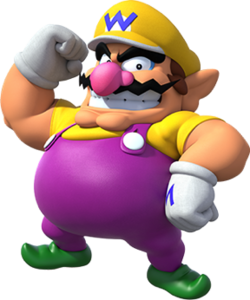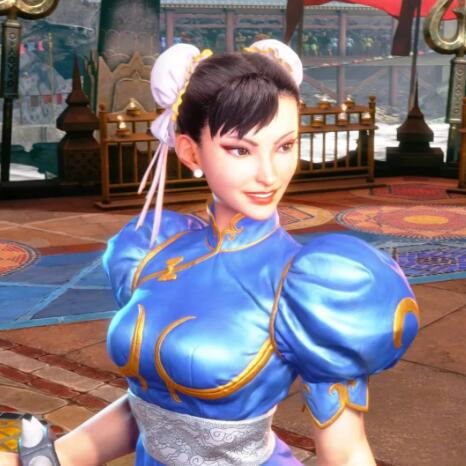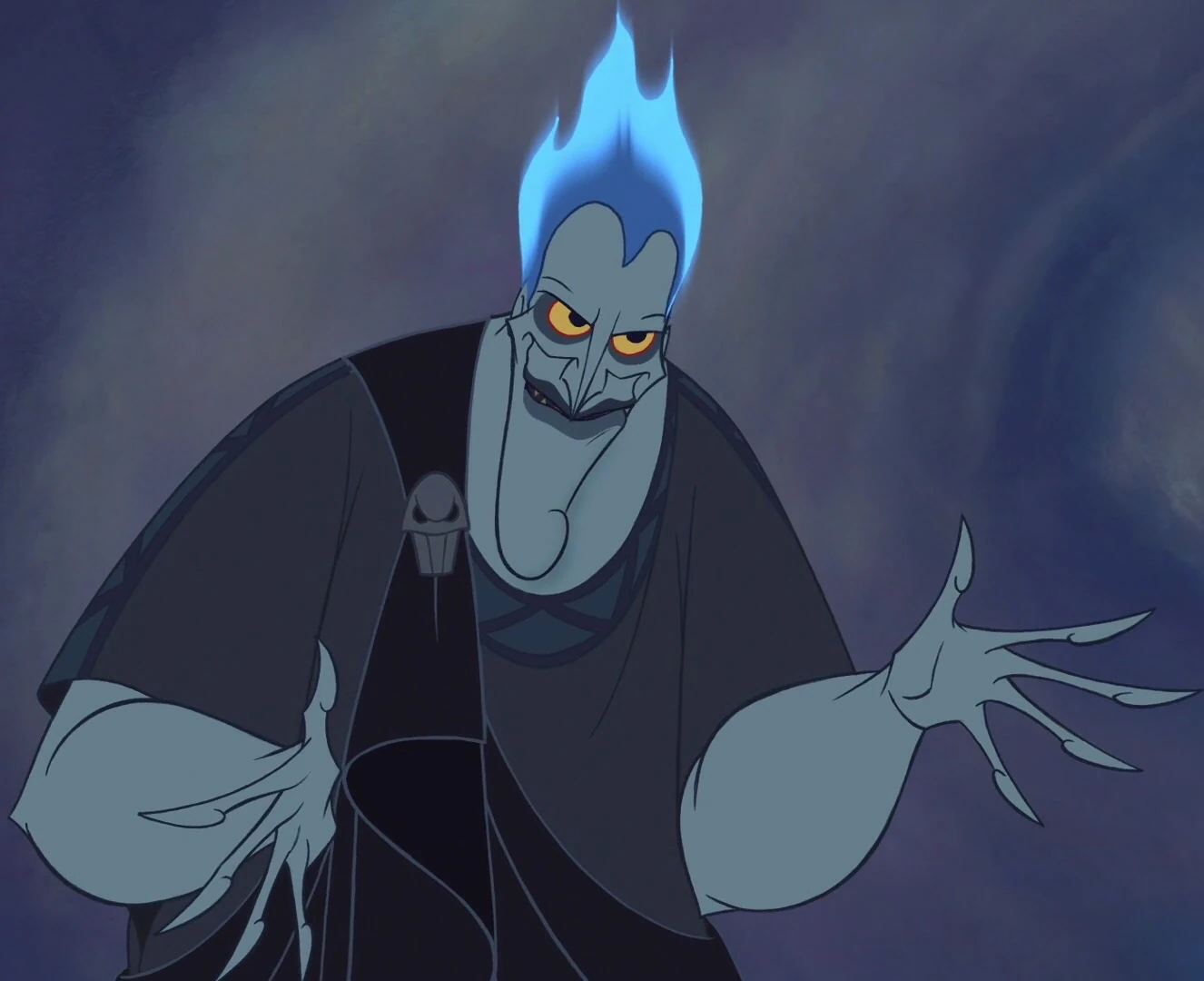- Joined
- Jan 8, 2025
- Messages
- 232
- Level up in
- 18 posts
- Reaction score
- 494
- Points
- 727
- Location
- the internet
Because evil is ugly and virtue is beautiful.
Aristotle talks about this.
(Maybe)
Aristotle talks about this.
(Maybe)
Ugly as in a metaphorical way I believe.Because evil is ugly and virtue is beautiful.
Aristotle talks about this.
(Maybe)
You've basically summarised Brave New World quite perfectly.Beauty standards have varied a lot through history. It's hard to think that your genetic definition of it holds any ground. Specially today when humans are literally mesmerized non-stop by advertisement. It's a cultural object. The reptilian side of sexual attraction would be mostly driven by smells, but being human, we ignore it most of the time and do sex recreatively.
Baron Harkonen is, beyond his weight, a symbol of opullence, over-consumption and hedonism I think.




 exaggeration
exaggeration  of the real world, not a reflection of it. That's why our heroes and heroines have thin waists and bulging pectoral muscles and large breasts and smooth hair and small noses and clear skin. That's what we – most of us – want to see, on a biological level, a psychological one, a societal one, whatever. If you're really seeking out a representation of a "realistic" human, warts and all, look in a mirror.
of the real world, not a reflection of it. That's why our heroes and heroines have thin waists and bulging pectoral muscles and large breasts and smooth hair and small noses and clear skin. That's what we – most of us – want to see, on a biological level, a psychological one, a societal one, whatever. If you're really seeking out a representation of a "realistic" human, warts and all, look in a mirror.No idea but I'm flattered.(Is there a reason this thread was stickied...?)
I really dislike the "uncanny valley" video games are going through in the last two gens.Of course, you can go the other way, too, and make people who would otherwise be attractive IRL into ugly monsters, which often happens when we try to make characters "realistic":
And I miss when video games were self conscious about being videogames. The search for realism has been detrimental for the medium in my opinion.You shouldn't read too much real-world subtext into fiction. It's fiction. It's made-up imaginary nonsense – all of it! It doesn't have to be real, or to reflect reality. It can, of course, but you should focus more on whether or not the media itself is engaging, well-executed, and of a general high quality, not whether it affirms your real-world beliefs. (About anything.)
Thus why cartoon and anime characters all had big eyes and big hands.Fiction is anexaggeration
of the real world, not a reflection of it. That's why our heroes and heroines have thin waists and bulging pectoral muscles and large breasts and smooth hair and small noses and clear skin. That's what we – most of us – want to see. If you're really seeking out a representation of a "realistic" human, warts and all, look in a mirror.
What aboutFor everyone else who's still not convinced, remember that this... person here is a protagonist.
View attachment 48270
It should be the fundamental education to tell not to judge people solely on appearance but rather on their behaviour.
I dislike how inclusiveness (or inclusivity) is done because I feel that true inclusion is not actually achieved and many groups are still left and ignored but this isn't the subject.
While it may be true for reproduction (we seek, as heterosexual male of course, females that look like they could carry offspring) but this is our basic reptilian brain doing that. It's probably why sadly when someone looks sick or disabled they'd have a hard time finding a mate as evolution would make people reproduce with the better candidates and not carry genetic defects that may "spoil" the gene pool.
We're evolved enough to know to bypass some of these and still be friendly towards those who don't fulfil our attraction.
Like Mens sana in corpore sano? I see what you mean although mocking people for their appearance is, to my view, a low blow.
I feel like that there's a line between encouraging people to do efforts and having a toxic behaviour towards others (especially in Asia where in several cultures they are even worse towards overweight people and even encourage young women to go through aesthetic surgery).
There's a good middle ground between toxicity with body shape and body positivity claiming that being obese (not overweight, obese as in the medical condition) isn't a bad thing and that society should change around them.
Too bad that people using the "Gigachad" meme nowadays are using it as an Internet argument weapon ("me good you bad" kind of argument) rather than an encouragement towards others.
I barely know the story but thanks for telling.
Baron Harkonen is, beyond his weight, a symbol of opullence, over-consumption and hedonism I think.
Almost like a "Soviet movie villain that portrays the rich imperialist" in a way.
How’d you get this image of me wtfFor everyone else who's still not convinced, remember that this... person here is a protagonist.
View attachment 48270
I don't think there should be forced inclusion either, when I say inclusion I generally mean a more open minded approach to stories and character telling rather than a cookie cutter Hero. I don't like hamfisted inclusion or tickbox characters, either.. or the state of the modern industry. Generally what I was trying to get at is that positive qualities in people are what inspire others and that's what artists will focus on for heroic characters. Being lazy slobby slob isn't really all that inspiring and heroic. That doesn't mean you can't have a fat character with good qualities, it just means when they're conjuring up hero's in fiction they tend to focus on positive traits and exaggerate them for effect.
Gorses post summed it far better than I did. And, my post isn't directed at anyone in particular on this forum. It's just trying to emphasize the point, lazy, slobby, fatty fatties who don't exercise aren't the image we conjure up when we think of positive traits. Baron Harkonen is a perfect example of that like you said!
You know, I could even say that it's basically the same reasons that, in our western culture, we would still have "David vs Goliath" being ingrained so deep (the good small guy winning over the evil massive one because he used his intelligence to defeat him, namely with a sling depending on versions) then we got the nice poor guy winning against the evil wealthy (thus why the moustache twirling villain is also portrayed with a top hat most of the time or at least with some kind of authority and power (like being a military general or a king) along with many other to tell that sometimes the small ones fight and win against the big ones who oppressed them.It's a trope so old it was endemic to the Greeks, and if we had enough of it left to read probably the Babylonians too. You portray people you like as attractive, and people you hate as gross.
I immediately think of Green Mile for some reason.You know, I could even say that it's basically the same reasons that, in our western culture, we would still have "David vs Goliath" being ingrained so deep (the good small guy winning over the evil massive one because he used his intelligence to defeat him, namely with a sling depending on versions) then we got the nice poor guy winning against the evil wealthy (thus why the moustache twirling villain is also portrayed with a top hat most of the time or at least with some kind of authority and power (like being a military general or a king) along with many other to tell that sometimes the small ones fight and win against the big ones who oppressed them.
Speaking of the Greeks and Babylonians I feel that a modern portrayal would be this meme to dismiss the person in front (especially with them having glasses because of course they still think that it makes them "nerds" while having a big beard and moustache is a sign of authority):
View attachment 49123
So you're telling us that people who are good looking are necessarily virtuous?But people ugly on the inside are ugly on the outside as well.
Recently the protagonists are ugly toogood guys are pretty, bad guys are ugly
To most people, first impression of a good looking person might comes off as virtuous, but like @Crim_Yeager said, once you truly find out what the person is like on the inside, it probably will change your perspective. It applies both ways, ugly and good looking.So you're telling us that people who are good looking are necessarily virtuous?
Here in the states at least there were some pretty significant periods of time where there were a lot of mandates for media to make crime and criminals seem as unappealing as possible. The comics code for instance had four of its nineteen points be specifically about making crime, criminals, and evil unappealing, with at least two or three more to make heroics, heroes, and good seem as appealing as possible, even going so far as to include the stipulation that "criminals shall not be presented so as to be rendered glamorous or to occupy a position which creates a desire for emulation.". I imagine part of the move to meet requirements like this probably included making villains and criminals look ugly. Beyond that it's likely also due in large part to various small aspects like inspiration from other creators, media, culture, etc.



Marketing is the defining element of post-industrial culture. Think about any decade from the 20th century, and the first thing that will pop into your head will have been placed there by a marketing firm.It's never about culture, always about marketing.
Marketing is the defining element of post-industrial culture. Think about any decade from the 20th century, and the first thing that will pop into your head will have been placed there by a marketing firm.
This is especially true in fictionalized visual entertainment, because every choice made in a character's design was done so deliberatively by a creative. If the audience doesn’t like it, that’s the single biggest problem the creative can have.
